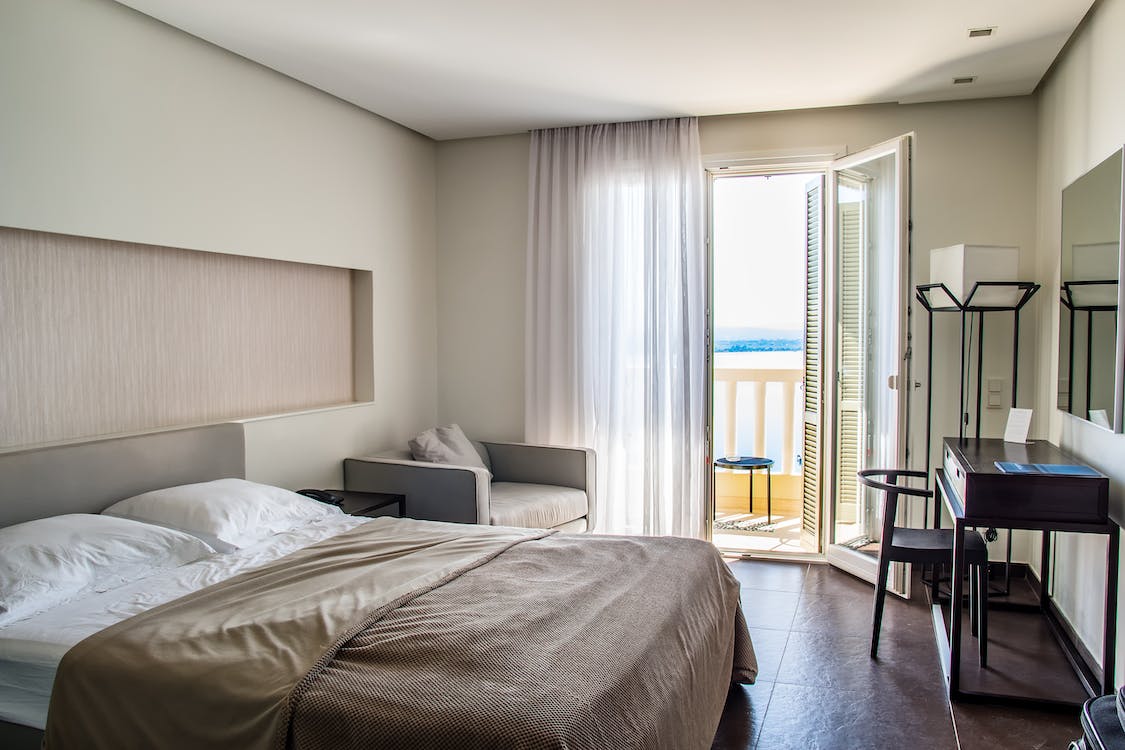The Future of Serviced Accommodation vs. Hotels in Kenya: A Changing Landscape
Introduction: The hospitality industry in Kenya is witnessing a dynamic shift in the relationship between serviced accommodations and hotels. As the travel landscape evolves and traveler preferences change, it is essential to examine the future trends that will shape the hospitality sector in Kenya. In this blog post, we explore the potential developments and factors that will influence the future of serviced accommodations and hotels in Kenya.
-
Embracing Serviced Accommodations: The popularity of serviced accommodations, such as vacation rentals, apartments, and aparthotels, is on the rise globally. In Kenya, these options are expected to gain traction, particularly among long-stay travelers, families, and groups seeking flexibility, privacy, and cost-effectiveness. The future will likely see an increased demand for serviced accommodations, driven by factors like extended business trips, remote work, and digital nomadism.
-
Differentiating Experiences: To cater to the diverse preferences of travelers, both serviced accommodations and hotels will strive to differentiate themselves. Hotels may focus on luxury amenities, curated experiences, and on-site services to attract discerning guests. On the other hand, serviced accommodations will highlight their local charm, authenticity, and the opportunity to experience the destination like a local. Travelers seeking immersive and personalized experiences will have the choice between hotels and serviced accommodations.
-
Technological Integration: Technology will play a crucial role in shaping the future of the hospitality industry in Kenya. Hotels and serviced accommodations will adopt innovative technologies to enhance the guest experience. Mobile check-ins, keyless entry systems, and personalized digital concierge services will become standard features. Hotels may invest in artificial intelligence (AI) chatbots and virtual reality (VR) to offer efficient and immersive guest interactions. Serviced accommodations, on the other hand, will leverage technology to streamline booking processes, improve guest communication, and provide virtual tours of their properties.
-
Sustainability and Eco-Friendliness: With increasing environmental consciousness among travelers, sustainability will be a key focus for both hotels and serviced accommodations. Both options will adopt eco-friendly practices, such as energy-efficient systems, waste reduction, and responsible sourcing. Hotels may implement green initiatives and obtain eco-friendly certifications to attract environmentally conscious guests. Serviced accommodations, with their self-catering facilities, will offer an advantage in promoting sustainability through reduced food waste and conscious consumption.
Conclusion: The future of the hospitality industry in Kenya will witness the coexistence of serviced accommodations and hotels, each catering to different segments of travelers. The rise of serviced accommodations, advancements in technology, a focus on personalized experiences, sustainability initiatives, and collaborative models will shape the evolving landscape. As travelers' needs continue to evolve, both serviced accommodations and hotels will adapt to meet the changing demands and expectations, ensuring a vibrant and diverse hospitality sector in Kenya.
